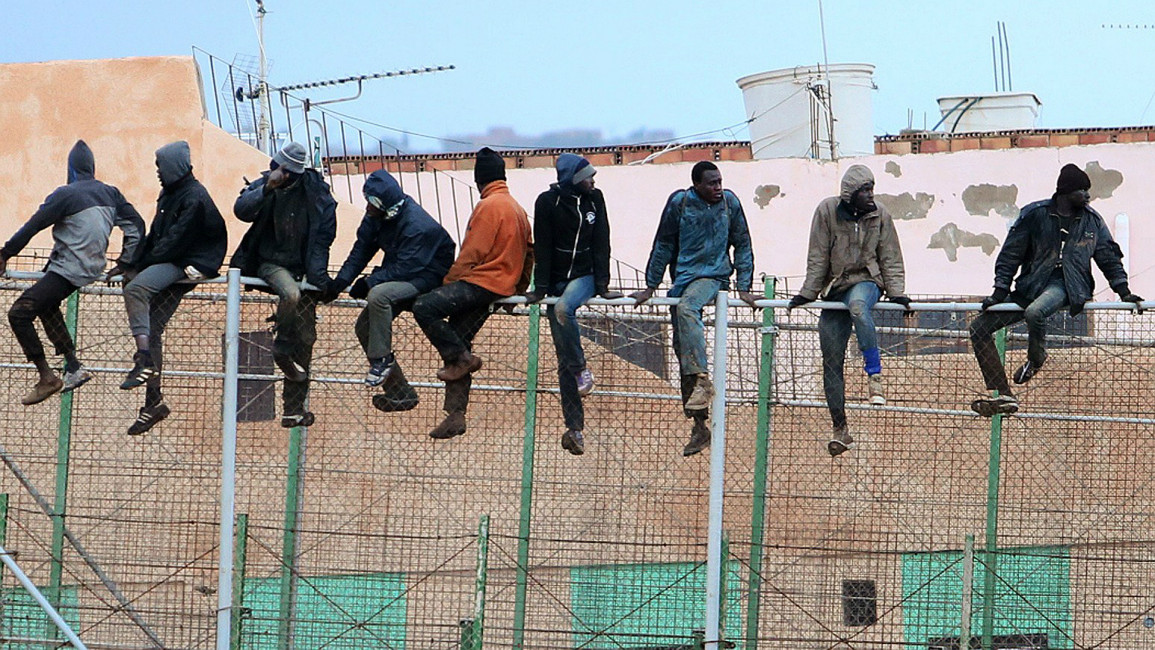Morocco 'expels' human right investigators
Two staff members from Amnesty International investigating the human rights situation in Morocco were allegedly expelled from the country, despite having informed authorities of their planned visit, the group said.
Moroccan police reportedly held John Dalhuisen and Irem Arf and confiscated their passports, before putting them on separate flights to London and Paris, Amnesty added.
| The decision to expel our staff from Morocco raises serious suspicions that the authorities have something to hide - Anna Neistat |
"The decision to expel our staff from Morocco as they began their investigations into the human rights situation of migrants and refugees raises serious suspicions that the authorities have something to hide" Amnesty International’s Senior Director for Research, Anna Neistat, said.
The relationship between the organisation and Moroccan authorities deteriorated markedly after the launch of Amnesty International’s Stop Torture Campaign in 2014 which detailed Morocco’s continued use of torture.
READ MORE: Torture in Morocco 'endemic'
"Morocco’s lofty words about being an open country have been exposed as hollow by their actions” Neistat added.
The London-based organisation had received written and verbal assurances, most recently in May in a meeting with Moroccan officials, that it could visit the country without being required to obtain prior authorisation.
The team members had arrived in Morocco on Monday for a fact-finding visit to investigate the situation of migrants and refugees at Morocco's northern borders with Spain.
The flow of migrants scrambling to reach Spain's north African territory Melilla is at double the rate of last year.
Human rights groups believe that more than 1,200 migrants have been detained and put on buses to other parts of the country in raids near Melilla, with authorities "dismantling" makeshift migrant camps near the area.
Amnesty explained that Moroccan police stopped Irem Arf and her translator in Oujda. Her passport was confiscated and she was held by police and questioned for hours including about whom she was intending to meet.
She was then informed that she would have to leave the country and was driven to the airport where she remained under police observation until she was put on a flight departing to Paris.
John Dalhuisen was picked up in his hotel by police in the capital Rabat at around noon on Thursday.
Amnesty said he was detained at a police station where he was questioned and then given an expulsion order on the official grounds of "a threat to public order." He has been barred him from re-entering the country.
This is not the first time that Amnesty International’s work in Morocco has been hampered in recent months.
In September 2014, Moroccan authorities banned an Amnesty International youth camp, and denied entry to an Amnesty International fact-finding delegation the following month.
A second fact-finding visit scheduled for November 2014 was cancelled by the organisation after the Moroccan authorities sought to impose conditions on how it could operate.
Amnesty International was previously denied access to Morocco for three years, between 1990 and 1993.



